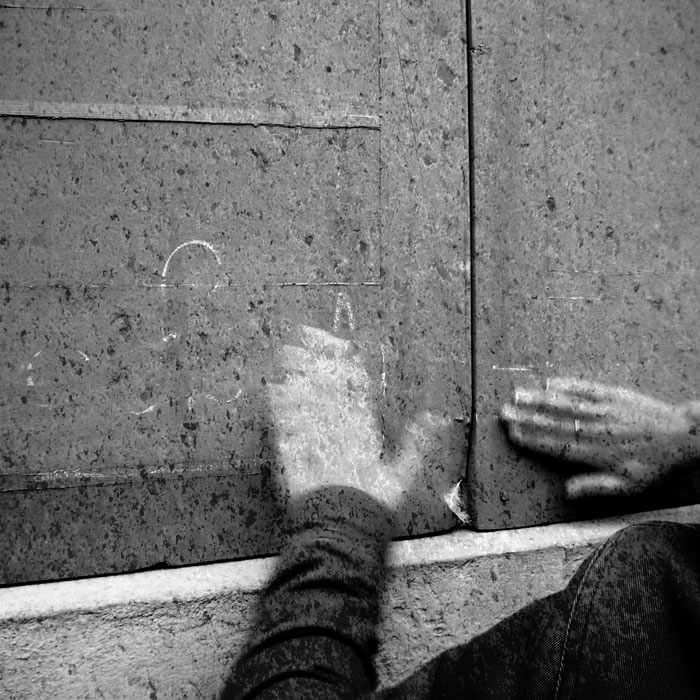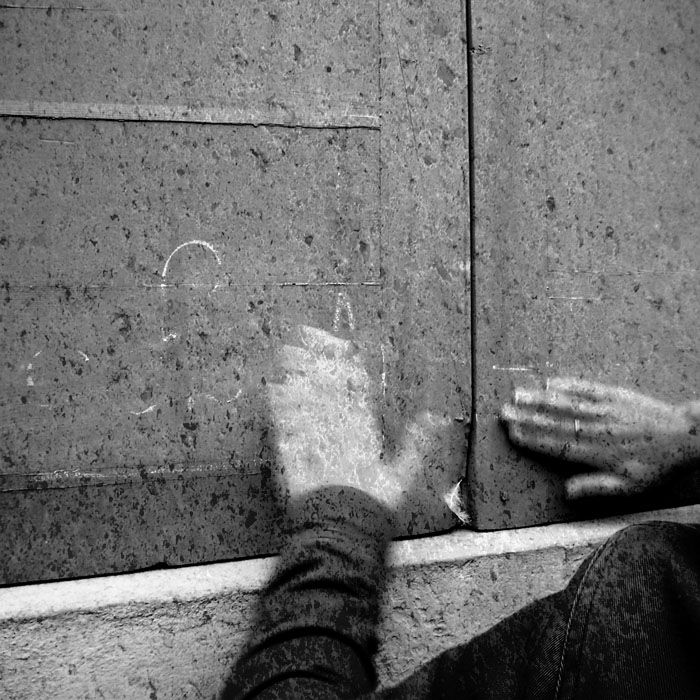Vanishing publications: we hear from the experts working on the preservation of online scholarship
- Deborah Thorpe
- November 2, 2023

Over the last twenty years or so, important scholarly publications have been vanishing from the internet. With that in mind, I speak to a wide range of experts who are working on the preservation of online scholarly content. This is a three-part series.
By Dr Deborah Thorpe, Research Data Steward, UCC Library
Introduction: the need for preservation of online scholarship
Did you know that over the last twenty years or so, important scholarly publications have been vanishing from the internet?
A 2021 study, ‘Open is not forever: A study of vanished open access journals’, found a problem with the long-term availability of open access digital journals, across all academic disciplines and geographical regions. The research team were able to verify 174 open access journals that have vanished from the web between 2000 and 2019. Social sciences and humanities journals represented the largest share of vanished journals in their sample. The study also found that journals that were affiliated with academic institutions or scholarly societies represented a larger share of vanished journals compared to other types.

Should researchers be concerned about the lifespan of their open access publications? We certainly should not be discouraged from publishing open access. Many funding agencies now have specific requirements for providing open access to publications. Plus, despite the pressure to publish in certain ways for their careers, many researchers are doing more than is required of them, and taking an active stance against the marketisation of academic publishing. For example, they are choosing scholar-led, diamond open access journals (i.e. those that are led and managed by scholars and/or that do not charge fees to either authors or readers).
However, in 2021 it was found that there is a strong tendency for diamond open access journals to be published by very small publishers, which has indeed made them more vulnerable. Journals published by very small publishers (whether open and closed) are more likely to vanish because of a lack of awareness about, and/or resources for, long term digital preservation. In addition, the ‘Open is not forever’ research team pointed out that there is an increasing requirement by funders for researchers to ensure open access to their publications by either publishing in open access journals or, when choosing subscription journals, depositing a copy of the manuscript in an open access repository. This either/or approach has had the potential to lead to the loss of open access content if authors do not also deposit that content in a repository. Fortunately, many funders now require scholars to also deposit publications in repositories when publishing in open access, to secure long term access to all publications.
Our knowledge in this area was recently enriched by a talk by Prof Martin Eve at the Sheffield OpenFest 2023 symposium. Prof Eve has found in his recent research that although a large percentage of journals that are members of CrossRef recognised the importance of digital preservation, and were taking steps to preserve their content, the overall levels of digital preservation were still low. He also found that although some small publishers were doing a good job at digital preservation, professional publishers, with high levels of revenue – such as Elsevier – consistently perform better at digital preservation. Again, this is because of the relative levels of funding available; small and scholar-led publishers have little or no income, so are less supported in the area of digital preservation. Prof. Eve has is a peer reviewed paper forthcoming on these findings, and I will update this blog with a link once it’s available once it’s available.
It’s important to recognise, as we will hear, it is not the open access nature of journals that makes them vulnerable; rather the fact that they are on the internet. Web content, by its very nature is ephemeral, unless steps are taken to preserve it. Additionally, efforts to digitally preserve scholarly content has benefitted from the ‘incredible research ecosystem built and collectively maintained by Open Access advocates’, such as the work of DOAJ and other groups in cataloguing open access journals. Therefore, as you will read below, researchers can now be optimistic about long-term access to openly available scholarly content. However, preservation needs to be a collaborative effort between researchers, librarians, data specialists, publishers, funders and more.
In this post, I talk with four experts about the work that is being done to ensure that open access journals, books, and digital editions are around for the long-term future. We first hear from Alicia Wise, Executive Director of CLOCKSS about why, exactly, digital scholarship is at risk and what is being done about it. I then speak with Drs Rebekka Kieswetter and Miranda Barnes about open access monographs specifically, including those that experiment with the norms of scholarly publishing. Finally, we turn to Dr James O’Sullivan, UCC Lecturer in the Department of Digital Humanities and Co-PI of the C-21 Editions project, about what makes open access digital editions ‘preservable by design’.
This post will then close with words of wisdom from the UCC Library team, supporting and encouraging open research and digital preservation.
An interview with Alicia Wise, Executive Director of CLOCKSS
Deborah Thorpe: Hi Alicia, thank you for agreeing to answer some questions from me. First, I’d like to know: what is the issue with vanishing open access content? Can you tell us more about why this important research has been disappearing?

Alicia Wise: First let me emphasize that all online scholarship is at risk; this isn’t a challenge unique to open access content. The sooner scholarship is preserved in at least three digital archives, the safer it is. All digital content is at risk from predictable things like technology change, and it is also at risk due to more unpredictable things such as geopolitics, human error, or natural disasters. Scholarship is at risk wherever authors and publishers aren’t fully committed to ensuring it’s archived and remains accessible for the very long-term.
DT: That’s a really important reminder. Can you briefly outline what is being done to remedy this situation?
AW: Research has shown that there is a very long tail of organisations and people involved with publishing open access content. The long tail includes many very small publishing operations looking after perhaps a handful of books or a single journal. These titles can be particularly at risk because of a lack of awareness amongst smaller publishers around the need for long-term digital preservation and/or the resources to enrol in a long-term digital preservation scheme.
There are initiatives underway to remedy this situation. For example, Project JASPER enables small open access journals with no revenue stream to become archived easily and for free. The OAPEN platform also helps open access book publishers access preservation services. Librarians can use their influence to ensure publishers properly archive their publications, fund and provide archiving services, and can demonstrate good practice on the content they publish.
DT: Can researchers themselves do anything to make sure that their publications are around for the long-term future?
AW: Yes! Please ask your editor or publisher questions about the steps they are taking to ensure your scholarship is preserved in at least three long-term archives, and if you don’t get a satisfactory answer please seek advice and support from your librarian. Your research is your legacy, a gift to the world. Ensure it remains accessible for the future.
DT: Thanks for your answers, Alicia, I think it’s particularly important that you note that all online scholarship, whether open or closed, is at risk… and your message that ‘your research is your legacy’ will be at the forefront of my mind from now on when I’m speaking with researchers.
Read more about ensuring that scholarly outputs are accessible for the future in Part Two…
